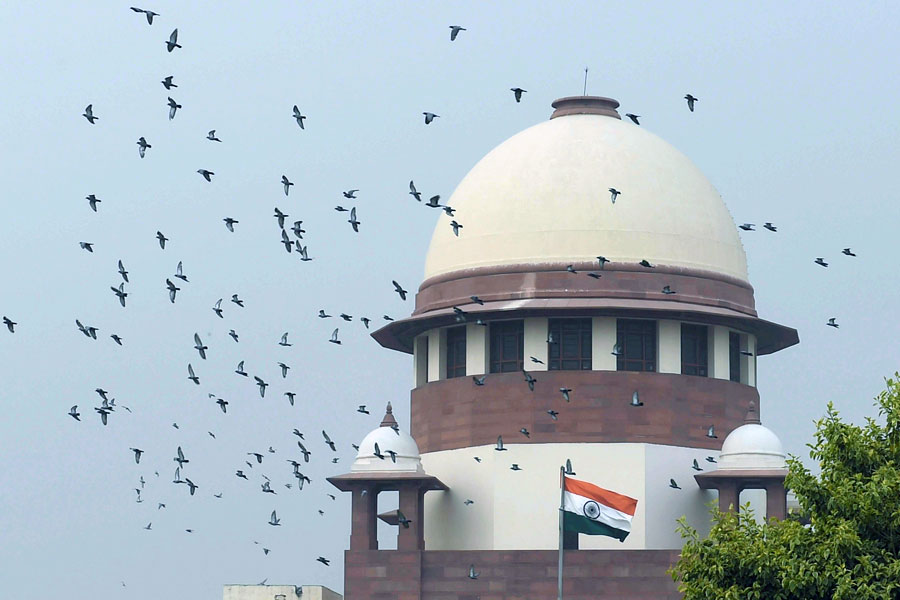The Supreme Court on Wednesday iterated that “bail is the rule and jail an exception” even for offences under the “dreaded” Prevention of Money Laundering Act, as Article 21 of the Constitution overrides the statutory limitation imposed under a particular clause in the law.
“All that Section 45 of the PMLA mentions is that certain conditions are to be satisfied. The principle ‘bail is the rule and jail an exception’ is only a paraphrasing of Article 21 of the Constitution, which states that no person shall be deprived of his life or personal liberty except according to the procedure established by law.
“Liberty of the individual is always a rule and deprivation is the exception. Section 45 of the PMLA, by imposing twin conditions, does not rewrite this principle to mean that deprivation is the norm and liberty the exception,” a bench of Justice B.R. Gavai and Justice K.V. Viswanathan said in a judgment while granting bail to one Prem Prakash in a case registered by the Enforcement Directorate before a Ranchi special court.
Political leaders such as Arvind Kejriwal, Hemant Soren, Manish Sisodia and K. Kavitha had been in jail for PMLA-related offences for long before being granted bail by the SC, as trial courts and high courts had been reluctant to grant them bail given the stringent conditions imposed under Section 45.
Section 45 says: "(1) Notwithstanding anything contained in the Code of Criminal Procedure, 1973 (2 of 1974), no person accused of an offence (under this act) shall be released on bail or his bond unless: (i) The public prosecutor has been given an opportunity to oppose the application for such release; (ii) Where the public prosecutor opposes the application, the court is satisfied that there are reasonable grounds for believing that he is not guilty of such an offence and that he is not likely to commit any offence while on bail."
Justice Viswanathan said prolonged jail before being pronounced guilty ought not to be permitted to become the punishment without trial.










